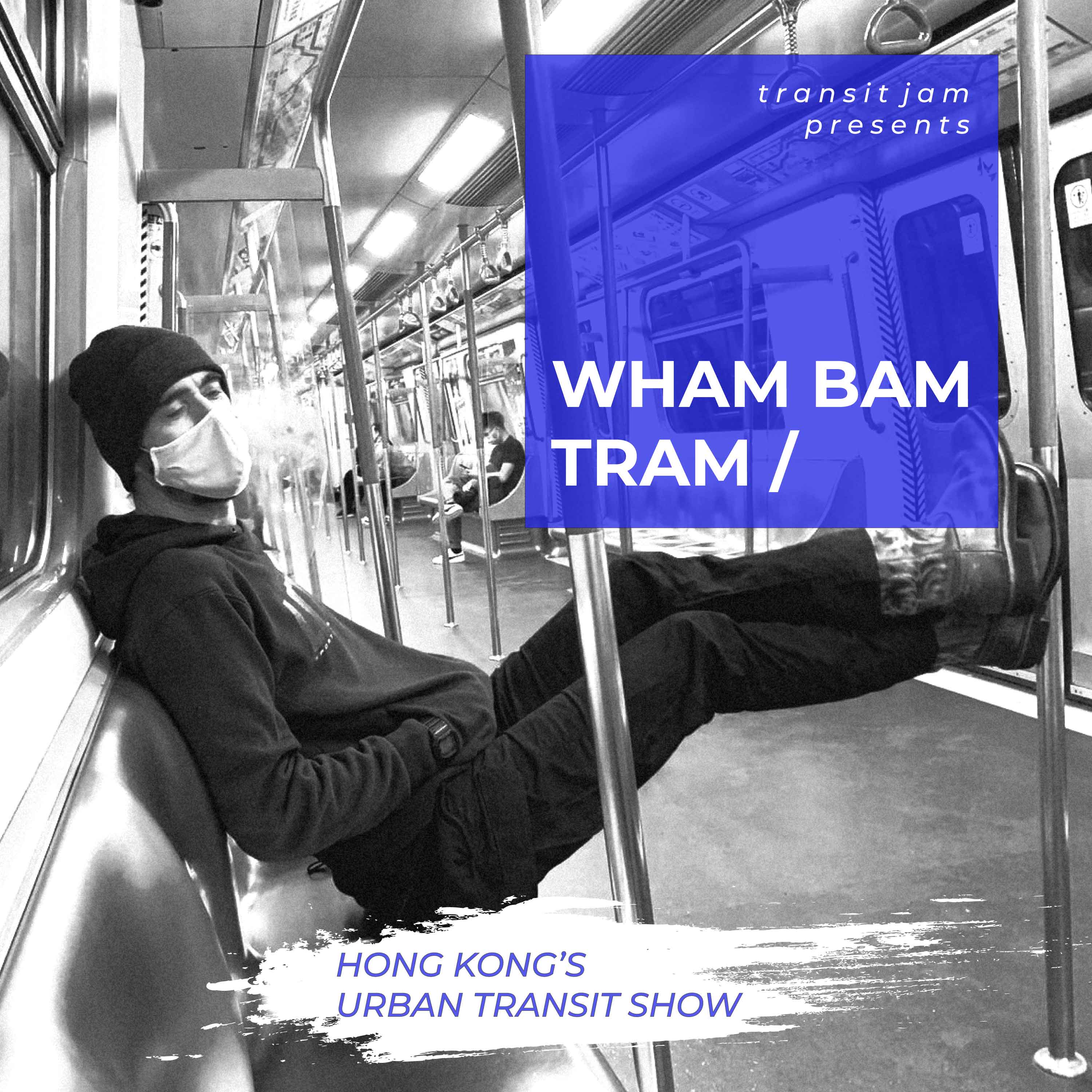
Luxury cars are proliferating in Mui Wo as police enforcement of car-free zones drops to virtually zero
Police have given just a handful of tickets to cars illegally driving in car-free Mui Wo villages in the last six years, despite residents’ claims of a daily parade of cars and minivans breaking the law.
Transit Jam obtained figures from police that show virtually zero enforcement of the prohibited zones since their records began. Police have given a total of 12 tickets for prohibited zone driving since the end of 2015, and an average of just 1.5 a year in the last four years.
The government has widened and improved paths connecting various Mui Wo villages over the last few decades, improvements made in the name of “Emergency Vehicle Access” (EVA).
But residents say an increasing number of villagers abuse the prohibited zones connecting the EVAs to the Lantau road network, such that the “car-free” character of the villages is now completely lost.
“Property agents even now bring prospective tenants in by car,” says one resident. “It just sends the wrong message, it says that it’s OK to drive in the Mui Wo villages.”
Most EVAs in Hong Kong have strict rules on private car access, but Mui Wo’s is, unusually, designated a private road, which means technically cars are not forbidden. “If you could fly a car in on a helicopter, it wouldn’t be illegal for it to drive on the EVA,” explains a resident.
However, the junctions and access to the EVAs are gazetted as prohibited zones. Another residents’ group says road signs prohibiting cars and motorcycles were removed by villagers. Transport Department did not respond to questions.
A visit to Mui Wo’s villages show a large number of expensive new-looking cars on makeshift gravel car parks outside houses, with many cars also parked along the narrow EVA and a steady stream of car, van and truck traffic motoring through the prohibited zones.
While most motorists slow down for pedestrians and cyclists, a few become angry and impatient at people, bikes or cows in the road.
It’s these drivers which campaigners say will cause a deadly crash one day, with residents pointing to the hundreds of schoolchildren who walk along the paths on weekday mornings.
“It’s only a matter of time,” says one resident, preferring anonymity. But aside from the danger of the cars themselves, another resident says the parking along the narrow EVA also blocks emergency access.
She points to a deadly fire in Yuen Long in 2012, which emergency services couldn’t access due to illegally parked cars. “Two little boys died. If we know this, why are we still allowing this to happen?” she said, talking to Transit Jam‘s radio show Wham Bam Tram! last night.
While the rules on the prohibited zones are clear-cut, if ignored by police, Mui Wo’s EVA is bureaucratically complex, administered by at least four government departments, as well as police and fire services.
Barkley Chan Ho-fun, Home Affairs Department (HAD) Liaison Officer for Mui Wo and South Lantau, says the situation is difficult. HAD, he says, has responsibility only to bring parties together, with ultimate control and enforcement down to Transport Department, Lands Department and the disciplined services. The Civil Engineering and Development Department may also play a role.
Chan says the last HAD meeting to discuss the matter of cars using the prohibited zones was in 2019, although HAD has refused to share minutes from that meeting.
According to Chan, police at the meeting agreed with residents to put CCTV cameras on four private houses along the EVA, with a view to collecting evidence in case of any car crash or injury. Chan did not disclose the locations of the CCTV cameras but says they have not yet been used in a single prosecution.
Chan also says the Fire Services Department expressed a view that the EVA could be opened up to other cars without objection from the fire services. The fire department has not responded to questions on this.
Other residents say the authorities have given up, and that cars will soon become the norm. One who was at a community police meeting in 2017, says the police had tried some sort of enforcement until around 2016 but after that had caved to pressure from villagers.
“The Lantau police chief at the time, Alice Nga-lai Lee, said they wouldn’t enforce prohibited zones any more, as it wouldn’t be fair to those who had purchased cars,” said the resident.
In response to questions on the Mui Wo situation and lack of enforcement of prohibited zones, police said “Road safety is one of the Force’s operational priorities, and changing the irresponsible behaviour of road users that obstructs traffic flow is also among the Force’s Selected Traffic Enforcement Priorities.”
While prohibited zone prosecutions have faded to almost nothing, police figures show an average of 246 parking tickets given around Mui Wo town centre each year since 2013.
Categories: Law and Enforcement, On the Roads, Policy, Transit







It’s interesting that while Hong Kong seems like such a law-and-order kind of place especially now under the National Security Law, there seems to be a laissez-faire attitude when it comes to cars and traffic.
Then again, I haven’t lived here long so my impression may be mistaken.